Off the Beaten Path: A Beginner’s Guide to Overlanding
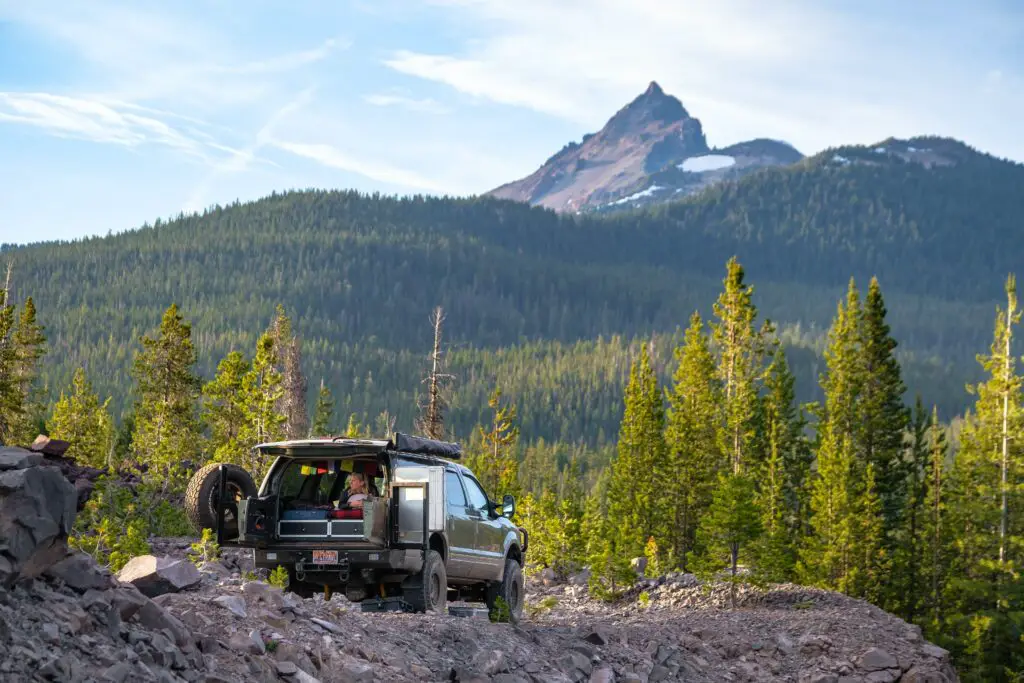
Have you ever wanted to experience the freedom of the open road and explore the world on your own terms? If so, overlanding may be the perfect way for you to do it. What’s overlanding? Overlanding is a type of travel that involves self-reliant, off-road adventure in a vehicle, usually a four-wheel drive. This type of travel allows you to experience remote and untouched destinations, away from the typical tourist crowds.
Overlanding has been gaining popularity in recent years, and for good reason. It offers an opportunity to explore new places, meet new people, and challenge yourself in ways you never thought possible. In this beginner’s guide, we’ll take a closer look at what overlanding is, what it involves, and how to get started. Whether you’re a seasoned traveler or someone looking for a new adventure, this guide will give you the information you need to plan your own overlanding trip. So buckle up and let’s hit the road!
Understanding Overlanding
What’s overlanding? Overlanding is a form of outdoor exploration that involves self-reliant, off-road adventure in a vehicle. Unlike traditional road trips, overlanding often involves remote and challenging terrains that require a certain level of skill and experience. The goal of overlanding is to explore new and untouched destinations, away from the typical tourist crowds.
We like to think of overlanding as car camping without the campgrounds. How far off the beaten path you travel to get to your camping destination is up to you and the ability of your vehicle. While similar in many ways to car camping, there are some key characteristics of overlanding that differentiate it from other forms of outdoor exploration:
Self-reliance
Overlanding requires you to be self-sufficient, meaning you need to carry all the supplies and equipment you’ll need for the journey. This includes everything from food and water to shelter and tools. Another aspect you’ll need to consider when overlanding is how you’ll use the bathroom while in remote spaces. For more information, check out our article on bathroom off-grid options.

Off-road travel
Overlanding often involves traveling on unpaved roads and rugged terrains that require a four-wheel drive or other specialized vehicle. All-terrain tires are also a good idea. But even if you don’t plan to tackle difficult terrain while overlanding, a vehicle with high ground clearance is a good idea.
Remote destinations
Overlanding is all about exploring new and untouched destinations that are far away from the typical tourist hotspots. This often means traveling to remote areas that are difficult to access. The difficulty in accessing these areas is what makes overlanding so special – being able to enjoy wild spaces that not many others have.
Adventure and challenge
Overlanding is not for the faint of heart. It requires specialized equipment, a certain level of skill and experience, and a willingness to take on challenges and overcome obstacles. The adventure lies in getting to your remote destination and learning to appreciate your ability to be self-sufficient.
While overlanding has gained popularity in recent years, it’s not a new concept. In fact, overlanding has been around for centuries, with early explorers and pioneers traveling across vast distances in search of new lands and opportunities.
Planning an Overlanding Trip
Planning an overlanding trip requires careful consideration of several key factors. Here are some important things to keep in mind when planning your trip:
- Choosing a destination: The first step in planning an overlanding trip is to choose a destination. Consider what type of terrain and scenery you’re interested in exploring, and whether you want to stay close to home or venture further afield. We like to use Campendium to find free camping areas on public lands in the US.
- Deciding on the route: Once you’ve chosen a destination, it’s time to decide on the route you’ll take. Consider factors such as the terrain, the time of year, and the availability of fuel and supplies. It’s a good idea to also consider a backup route or two in case your primary route choice is closed or unpassable.
- Considering the time of year: The time of year you plan to travel can have a big impact on your overlanding trip. For example, if you plan to travel during the rainy season, you’ll need to take extra precautions to ensure your vehicle is equipped to handle muddy roads. Overlanding during the winter season can provide amazing opportunities to experience nature in rugged isolation, but you’ll need extra preparation to make sure you stay warm enough.
- Planning for fuel, food, and water: You’ll need to carry all the supplies you’ll need for the journey, including fuel, food, and water. Make sure to plan ahead and carry enough supplies to last the duration of your trip.
- Preparing the vehicle: Overlanding requires a four-wheel-drive vehicle that’s equipped to handle rough terrain and challenging conditions. Make sure your vehicle is in good condition and properly equipped with the necessary gear, such as all-terrain tires, a winch, and recovery equipment.
By carefully planning your overlanding trip, you can ensure that you have a safe and enjoyable experience. Proper preparation is key whenever you travel away from the security of stores, gas stations, and emergency services.
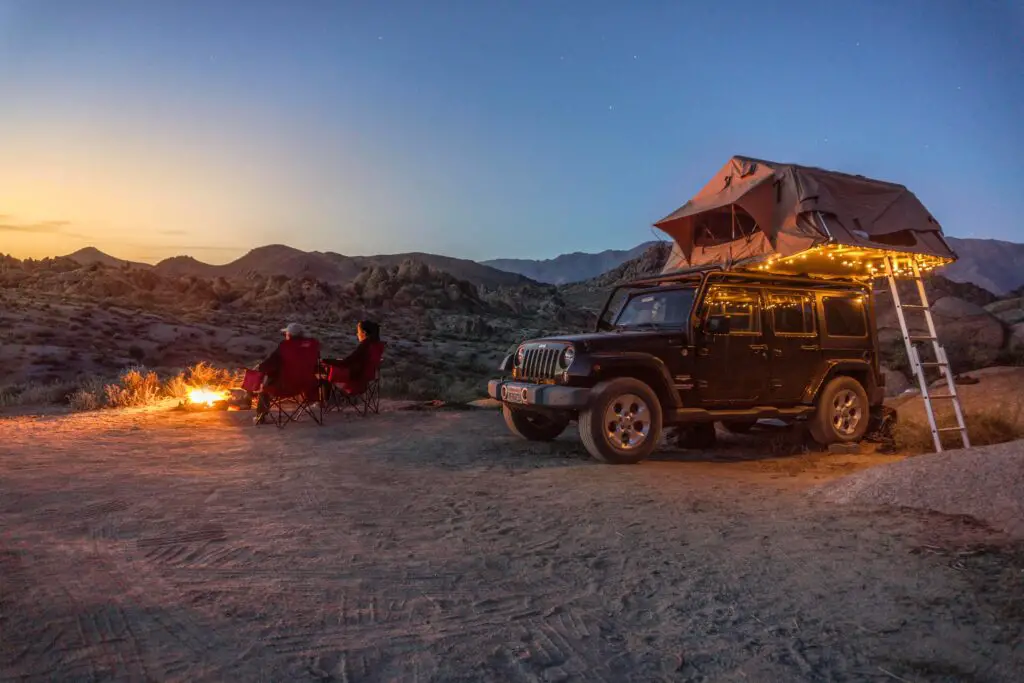
Essential Gear for Overlanding
When embarking on an overlanding trip, it’s essential to have the right gear to ensure your safety and comfort. Here are some essential items you should consider bringing on your trip:
- Navigation tools: When traveling off-road, it’s important to have reliable navigation tools, such as a GPS device or map and compass.
- Communication devices: In case of emergencies, it’s important to have a reliable means of communication, such as a satellite phone or radio. We recommend carrying a satellite communicator when traveling to remote places without cell phone coverage.
- Recovery gear: Overlanding often involves traversing rugged terrain, so it’s important to have recovery gear, such as a winch, recovery straps, and a shovel, to help you get unstuck if you get stuck in mud, sand, or snow. The level of recovery gear you’ll need will be related to how deep into the wild you plan to go. What’s overlanding without getting stuck from time to time? When it happens, make sure you have the tools and equipment you’ll need to get back on the trail.
- Camping equipment: When overlanding, you’ll need to carry all the equipment you’ll need for camping, such as a tent, sleeping bag, and camping stove. The overlanding industry has exploded in recent years with a variety of tools and equipment made for overland camping. Whether you choose to equip your vehicle with a rooftop tent or prefer to pitch a traditional tent once you arrive at your destination, a myriad of options are available to fit your preferences. We’ve purchased a lot of great and affordable overlanding gear from Overland Vehicle Systems in the past.
- Tools and spare parts: It’s important to carry a basic toolkit and spare parts for your vehicle, such as spare tires, oil, and fuses, in case of mechanical issues.
- First aid kit: Accidents can happen, so it’s important to carry a well-stocked first aid kit that includes essentials like bandages, antiseptic, and pain relievers. We like the carry the Mountain Series Explorer Medical Kit along on our trips overland.
- Water and food storage: Overlanding often takes you to remote areas, so it’s important to carry enough food and water for the duration of your trip, as well as storage containers to keep them fresh.
By packing these essential items, you’ll be well-prepared for your overlanding trip and can focus on enjoying the adventure. Making sure you have the right gear can save you from disaster while off the grid.
Safety Precautions
Overlanding can be an exciting and rewarding adventure, but it’s important to take the necessary precautions to ensure your safety. Here are some important safety considerations for overlanding:
- Vehicle maintenance: Before embarking on your trip, make sure your vehicle is in good condition and has been properly maintained. Check the tires, brakes, and fluids, and make any necessary repairs or adjustments.
- Driving cautiously: When overlanding, it’s important to drive cautiously and be aware of your surroundings. Stay alert for hazards like rocks, mud, or water crossings, and take your time when navigating difficult terrain.
- Packing essential safety gear: Make sure to pack essential safety gear, such as a first aid kit, fire extinguisher, and emergency communication devices, to help you stay safe in case of emergencies.
- Knowing the local laws and customs: When traveling in a foreign country or unfamiliar territory, it’s important to understand the local laws and customs to avoid any legal or cultural misunderstandings.
- Being aware of wildlife: When traveling in remote areas, it’s important to be aware of the local wildlife and take necessary precautions to avoid any dangerous encounters. Be careful not to disturb the habitats of the local wildlife as you’re passing through.
- Keeping in touch with others: Make sure to keep in touch with family or friends back home and let them know your itinerary and expected return date. This way, they can check in on you and alert authorities if necessary.
By taking these safety precautions, you can help ensure that your overlanding trip ends with a successful return home and many memorable moments.
Overlanding Etiquette
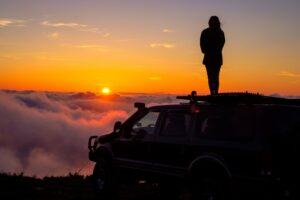
Overlanding is a unique way of exploring the outdoors, but it’s important to remember that it’s not a free-for-all. Here are some important overlanding etiquette tips to keep in mind:
- Stay on designated trails: It’s important to stay on designated trails to avoid damaging the environment and preserve the natural beauty of the area.
- Leave no trace: When camping, make sure to pack out all your trash and leave the campsite as you found it. This helps preserve the natural environment for others to enjoy.
- Respect private property: Make sure to respect private property and obtain permission from landowners before entering their property.
- Be mindful of noise: When camping in remote areas, it’s important to be mindful of noise levels and avoid disturbing the peace and quiet of the area.
- Yield to other vehicles: When encountering other vehicles on the trail, yield to the vehicle going uphill, as they have the right of way.
- Be considerate of other campers: When camping near others, be considerate of other campers and keep noise levels down, especially at night.
By following these overlanding etiquette tips, you can help preserve the natural environment and ensure a positive experience for all.
Get Out There and Overland
Overlanding is a unique and exciting way to explore the outdoors, but it’s important to approach it with the right mindset and be prepared for the challenges it may present. By understanding the basics of overlanding, planning your trip carefully, and bringing the right gear, you can ensure a safe and enjoyable experience.
Remember to take necessary safety precautions, follow overlanding etiquette, and be respectful of the natural environment. With the right approach, overlanding can be an unforgettable adventure that allows you to connect with nature and explore the world off the beaten path.


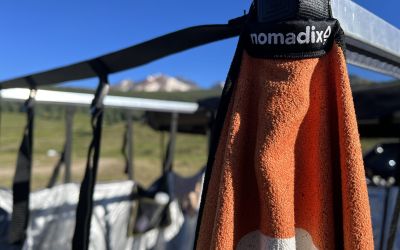

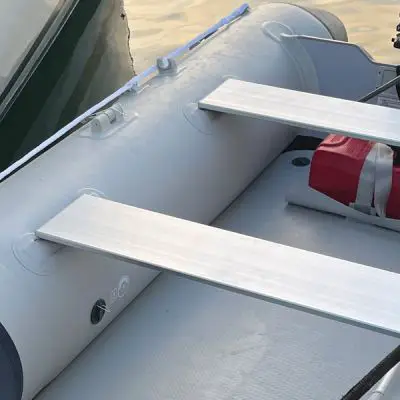
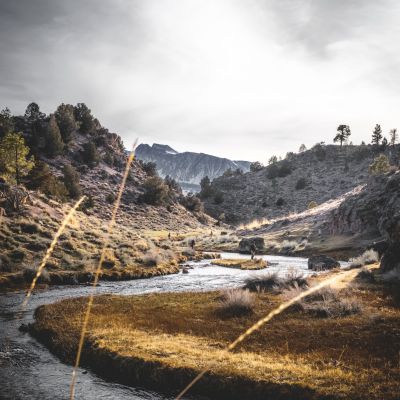
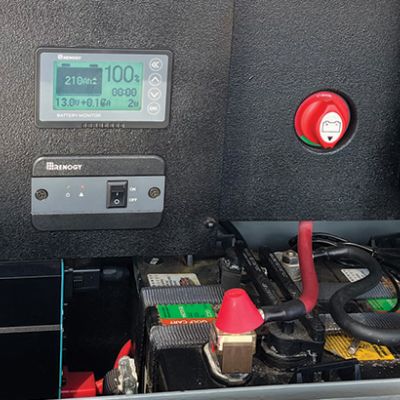
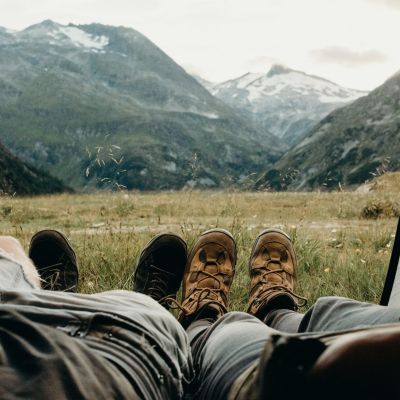
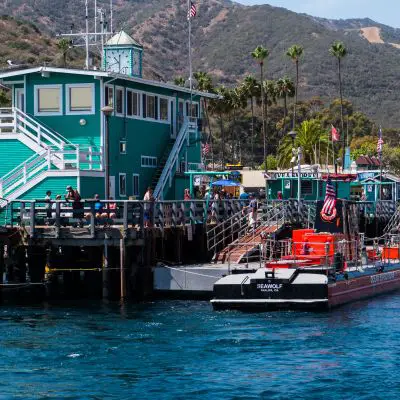

Leave a Reply